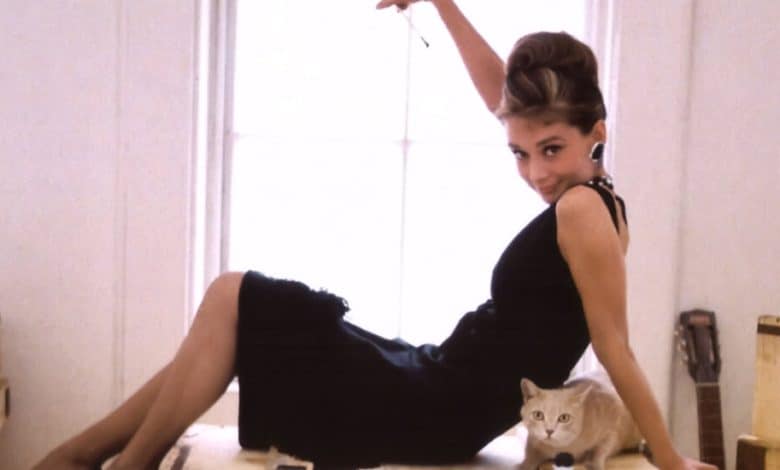Is There an Alternative to the Little Black Dress?

The fashion world loves a little black dress. But what if you look like a corpse in dark colors? What suggestions do you have for an alternative that can go on trips, on dates and to parties and can be accessorized in such a way that people see it as a different outfit each time you wear it? Is there such a thing? — Robin, Dammeron Valley, Utah
The little black dress has been regarded as a holy grail of fashion ever since Coco Chanel championed the concept back in 1926, proffering it as an alternative to the fussier, more colorful frocks popular at the time. Heralded by American Vogue, which called the little black dress the haute version of “the Ford” and declared that it would be “a sort of uniform for all women of taste,” as well as Christian Dior, who called it “essential,” it combined utilitarianism and sophistication.
Anyone in doubt simply had to look to Audrey Hepburn in “Breakfast at Tiffany’s”; Jackie Kennedy, who wore one for Richard Avedon’s 1961 portrait of the first couple; and Princess Diana, whose famous “revenge dress” was the ultimate little black dress. At this point, the garment has become so ubiquitous it has its own acronym: the LBD.
The problem is, as you note, not everyone loves, or looks good in, black. Not everyone even loves a dress. So what to do?
Embrace poetic license.
Instead of thinking of the LBD as a “little black dress,” think of it as a “little basic dress.” Or even “little basic duds.” The point is to keep the ethos of the LBD — the idea that a simple, easy garment with a fabulous line can take you pretty much anywhere — but free yourself from the restriction of color and garment.
That means thinking of what, for you, would be the equivalent. Perhaps it is a little navy dress. Or a little ivory one. Maybe even a little beige one. Perhaps it is a great trouser suit (maybe even a tuxedo) in a jewel tone like emerald or sapphire.
Whatever you come up with, it has to fulfill certain criteria: It should be a neutral but plush enough material to evade categorization, in a color that doesn’t immediately inspire a host of associations, and be cut exactingly enough to carry a look on its own — and free of distracting frippery.
